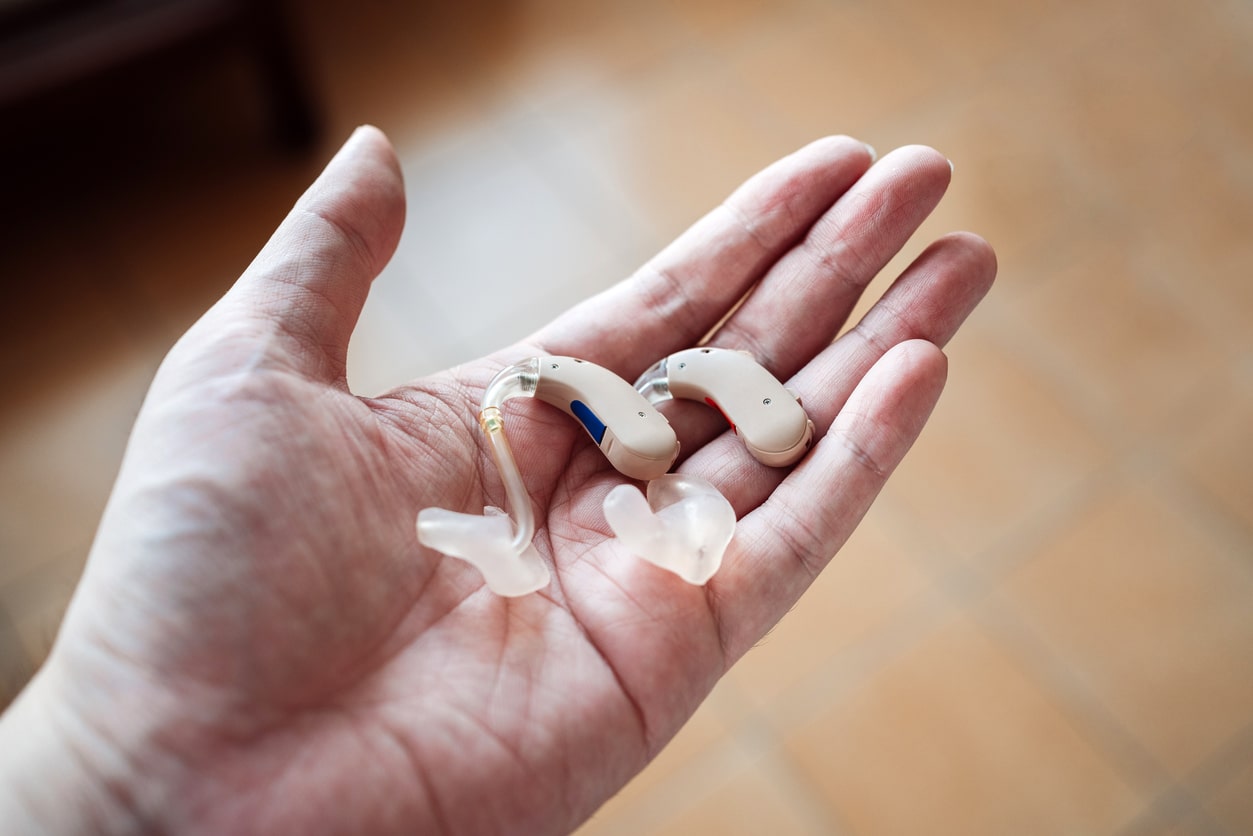The idea of purchasing secondhand hearing aids may seem appealing, especially when 28.8 million Americans could benefit from using hearing aids. However, while buying used electronics or furniture might work out just fine, hearing aids are a very different matter.
These are highly personalized medical devices, and using ones that were fitted for someone else can come with risks and limitations that far outweigh the initial cost savings.
Why Secondhand Hearing Aids Can Be Problematic
Hearing aids are not one-size-fits-all. They are carefully programmed based on the user’s unique hearing profile, lifestyle and even ear anatomy. What works well for one person may be ineffective or uncomfortable for another.
Here are several reasons why using secondhand hearing aids is not recommended:

- The devices may be programmed for a completely different type or level of hearing loss
- Custom-fitted parts, such as earmolds or shells, may not fit properly
- Previous wear and tear may lead to unreliable performance or shorter device life
- Older models might lack support, replacement parts or software updates
- Hygienic concerns, including the risk of bacteria or ear infections
- No access to professional support and adjustments that come with new devices
Even if the secondhand hearing aid appears to be in working condition, it could still be doing more harm than good if it doesn’t match your hearing needs.
What to Do
There are safer and more effective ways to access hearing care without turning to secondhand devices. Many audiologists and hearing clinics offer care that prioritizes hearing as an overall part of health.
Consider these alternatives:
- Schedule a hearing evaluation to find the most appropriate device for your hearing profile
- Choose entry-level models still customized for you
Using a properly fitted and professionally supported hearing aid ensures you’re getting the best possible benefit without risking your hearing health.
To learn more about how best to support your hearing health or to schedule an appointment for you or a loved one, contact Gary D. Schwartzberg, Au.D., Doctor of Audiology today.